US-China relations in post-Obama era
Updated: 2016-11-04 08:34
By Chen Weihua(China Daily USA)
|
|||||||||
Obama's policy
Zhiqun Zhu, an associate professor of political science and international relations at Bucknell University in Pennsylvania, agreed that Clinton's China policy is likely to be a continuation of Obama's policy.
"President Trump's China policy is unclear, partly because he does not have much experience in dealing with China and partly because he does not have an impressive or vocal China team now," said Zhu, who would not say for whom he will vote.
He believes Clinton fully understands the depth and extent of US-China relations, and he said that she is unlikely to disrupt the vital relationship.
While expressing his concern over Trump's tough talk on China trade, Zhu noted that "President Trump is a smart businessman and is likely to maintain this strong relationship for economic purposes"
"I do not expect major ups and downs in the relationship in the post-Obama era," he said. "No American or Chinese leader will intentionally jeopardize this relationship."
China-US relations have become increasingly interdependent. China is the largest trade partner for the US, with bilateral trade in goods and services exceeding $600 billion in 2015. China has become one of the fastest growing export markets for the US. While almost all major US companies have a presence in China, Chinese foreign direct investment has made forays into the US in the past few years.
There are more than 300,000 Chinese students currently enrolled in US universities and colleges. The number of Chinese tourists to the US, now at about 2 million a year, is likely to hit 5 million by 2025, according to estimates by Goldman Sachs.
China's fast growing middle class and an economy that will depend more on domestic consumption is coveted by multinationals despite grievances by some about certain Chinese domestic policies and practices.
On global and regional issues, the world's two largest economies are increasingly collaborating on issues such as the nuclear issue in Iran and North Korea, counter-terrorism, and climate change.
Paal of CEIP believes it's imaginative for some Chinese to think that a President Trump will lead to better relations with China. He described Trump as "a mess intellectually and bureaucratically" and said the smart people who could work for Trump have all denounced him.
Paal acknowledged that Trump's running-mate Mike Pence is a rational person.
He disagreed that there might be more tension in US-China relations under a President Clinton due to what he said will be the main problems facing the new US president - the Middle East, Europe and Russian relations and North Korea.
Paal said it's hard for him to vote for Trump or Clinton. "I haven't decided," he said.
- Summit of Climate Conscience kicks off in Morocco
- British Airways announces special fares for New Year
- S. Korean president says to accept investigation over scandal if necessary
- Names of twin panda cubs born in Austrian zoo revealed
- May's Brexit plans thrown into chaos by landmark court ruling
- Syrian army announces 'humanitarian pause' on Friday
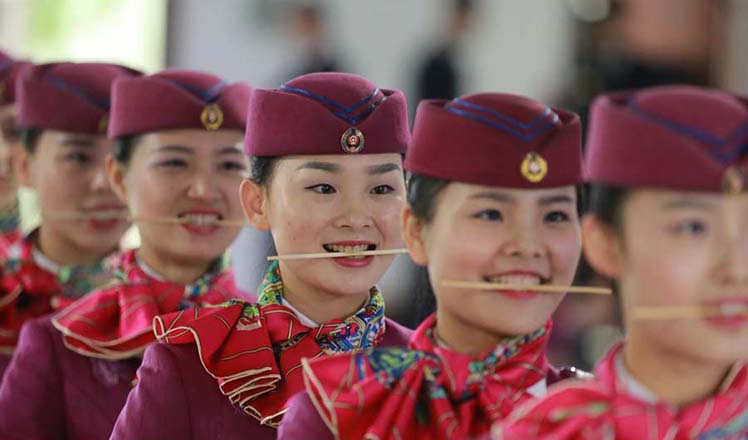
 Ten photos from around China: Oct 28- Nov 3
Ten photos from around China: Oct 28- Nov 3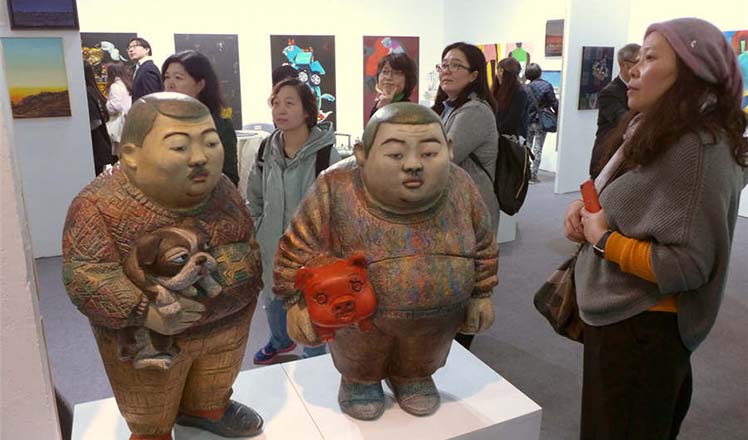
 Shanghai Art Fair connects people with art in daily life
Shanghai Art Fair connects people with art in daily life
 Chinese captain takes off at Air Show China in Zhuhai
Chinese captain takes off at Air Show China in Zhuhai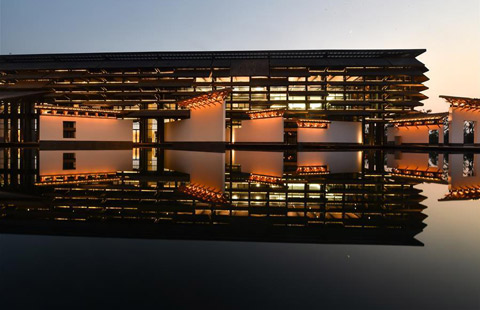
 Wuzhen Internet Intl Conference Center under preparation for 3rd WIC
Wuzhen Internet Intl Conference Center under preparation for 3rd WIC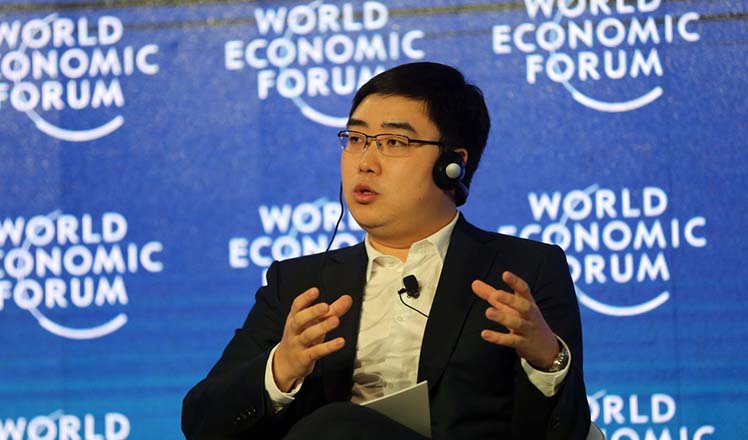
 China's top 10 post-80s self-made billionaires
China's top 10 post-80s self-made billionaires
 Famous paintings recreated with chocolate
Famous paintings recreated with chocolate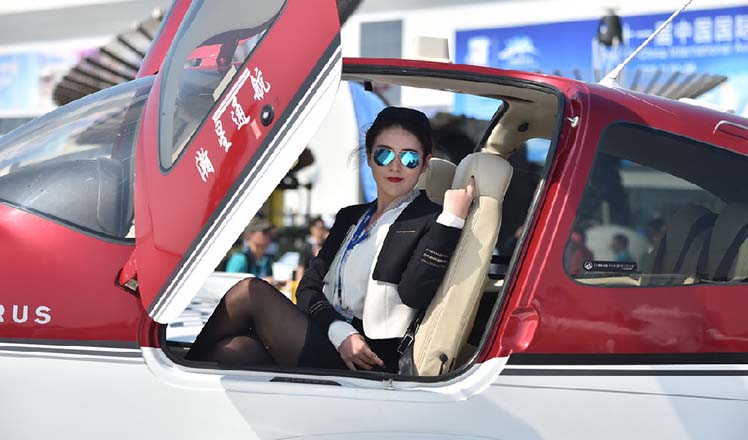
 Looking for a ride?
Looking for a ride?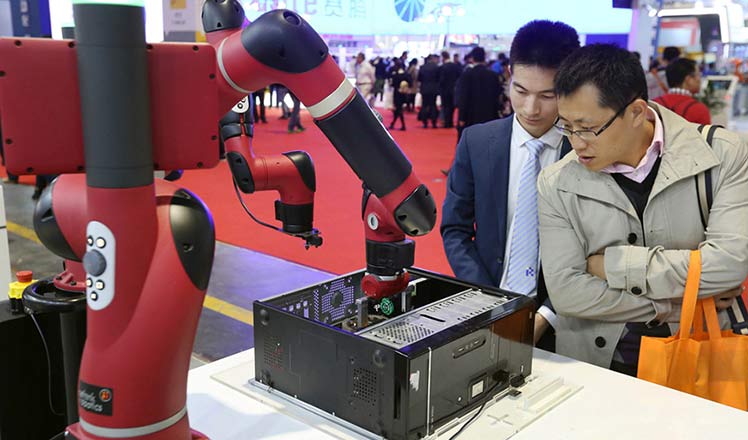
 Robots draw people to China International Industry Fair
Robots draw people to China International Industry Fair
Most Viewed
Editor's Picks

|

|

|

|

|

|
Today's Top News
US election rhetoric unlikely to foreshadow future US-China relations
'Zero Hunger Run' held in Rome
Trump outlines anti-terror plan, proposing extreme vetting for immigrants
Phelps puts spotlight on cupping
US launches airstrikes against IS targets in Libya's Sirte
Ministry slams US-Korean THAAD deployment
Two police officers shot at protest in Dallas
Abe's blame game reveals his policies failing to get results
US Weekly

|

|









